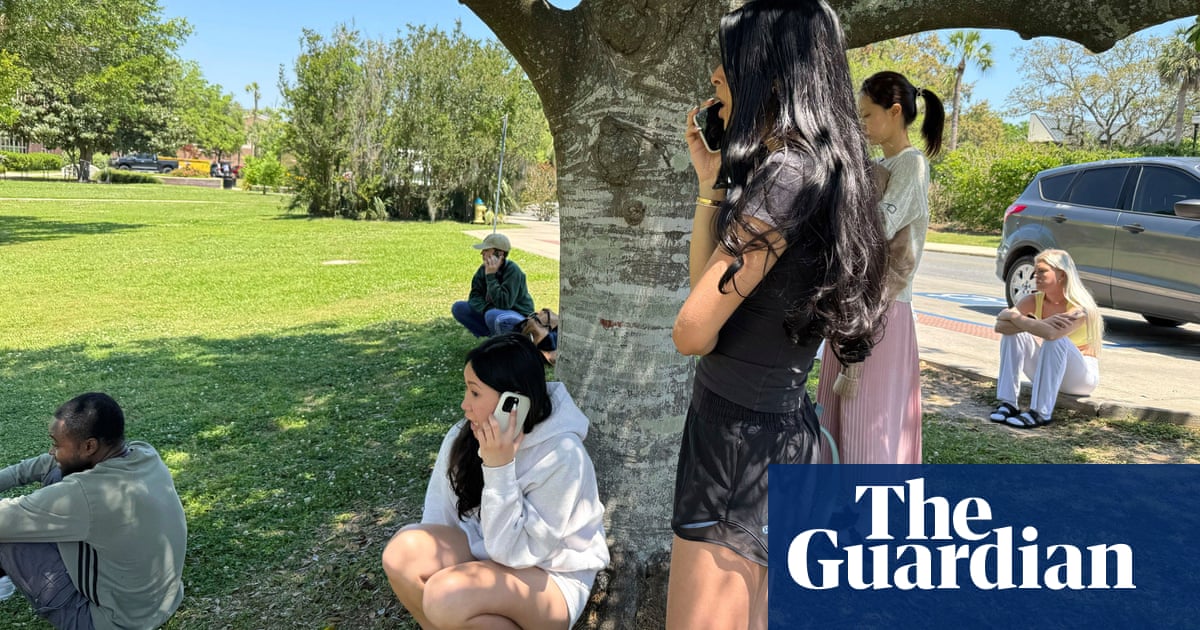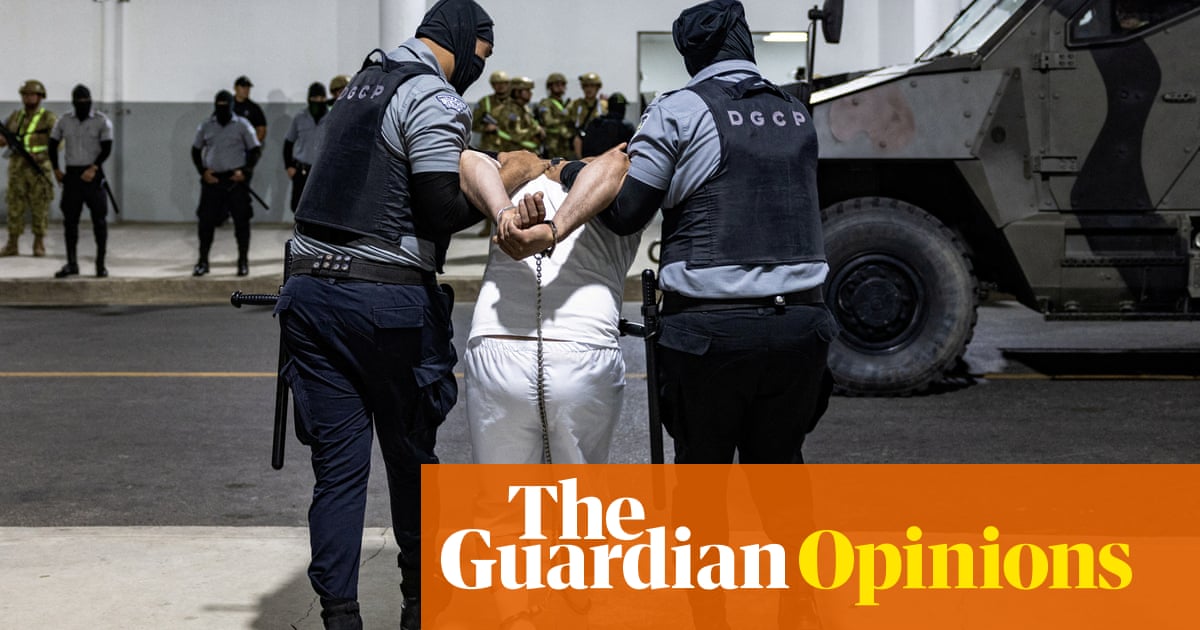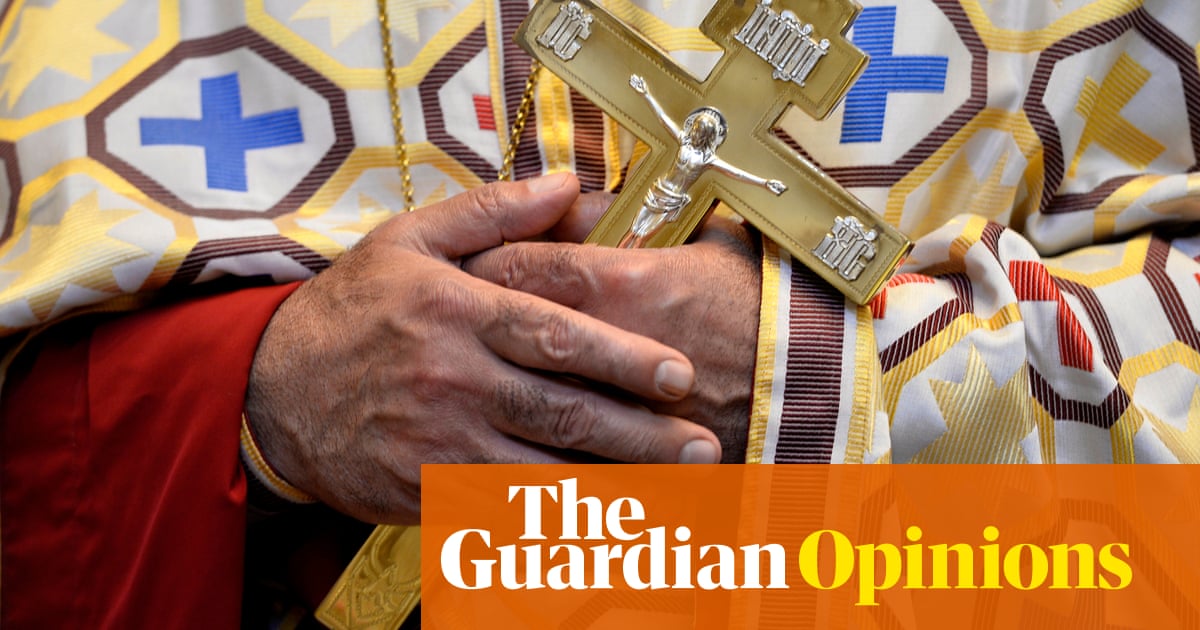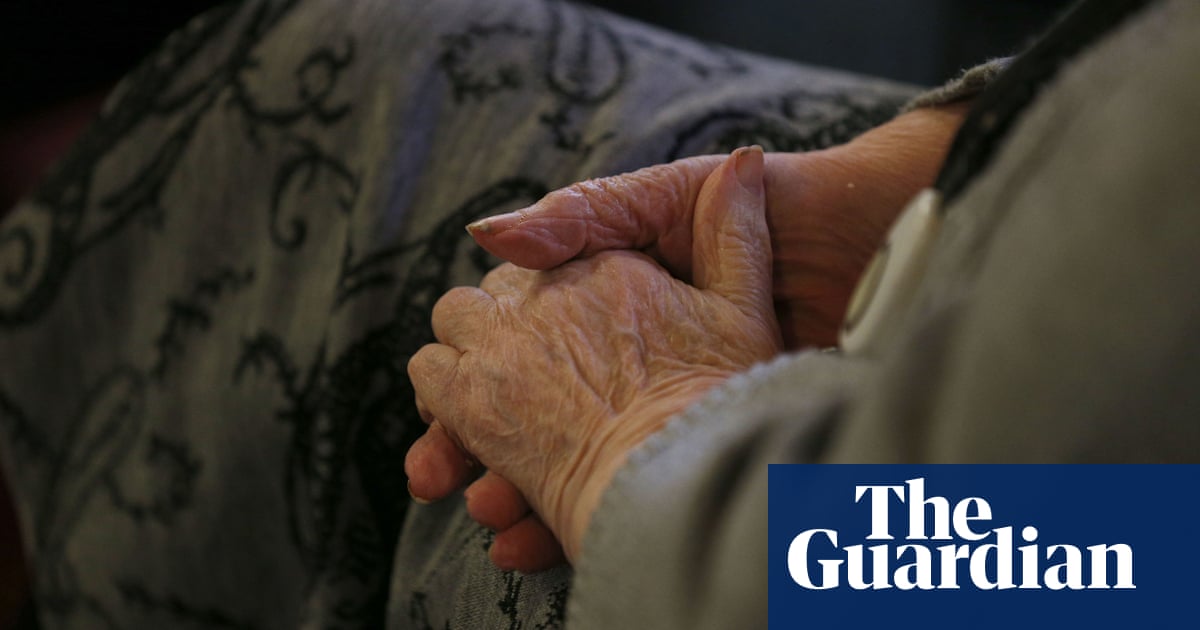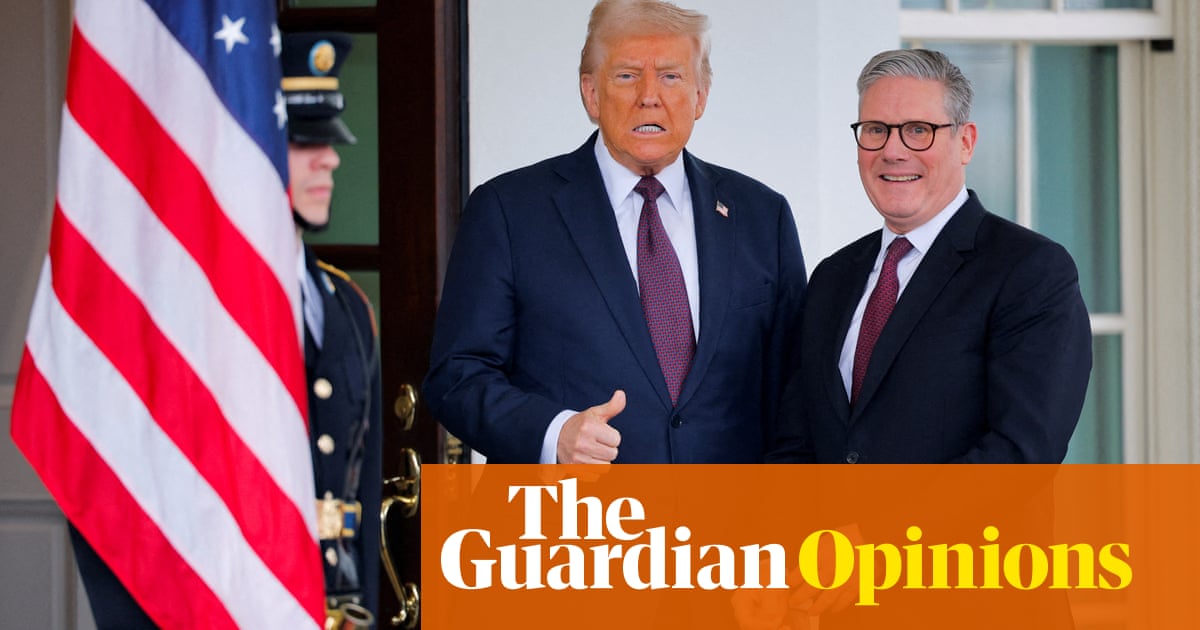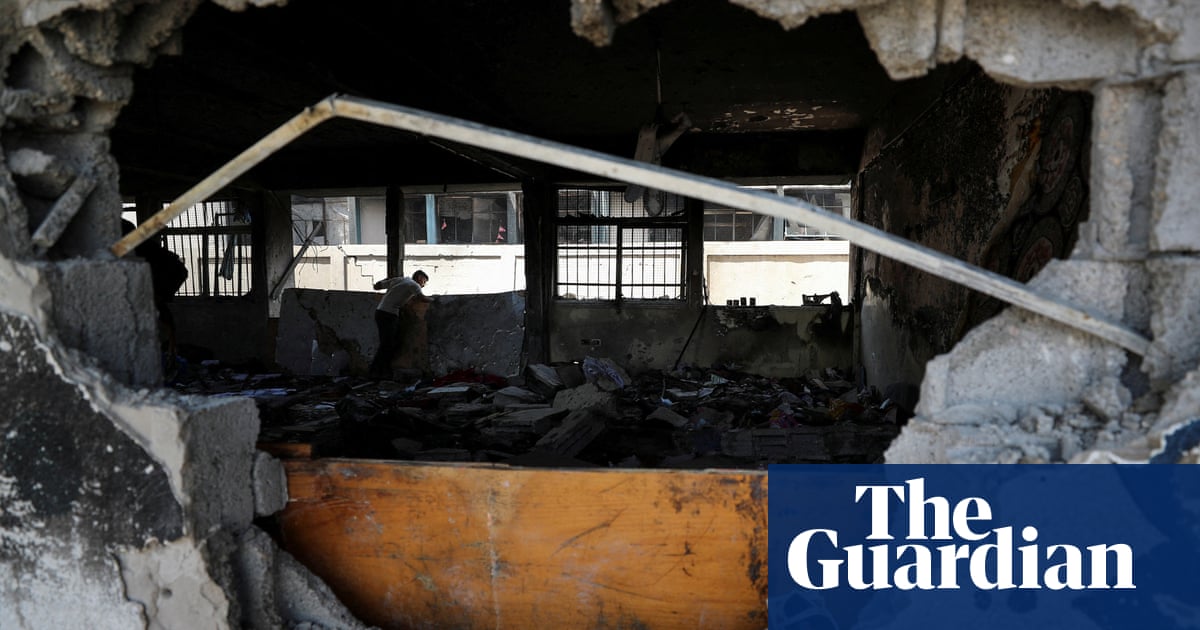Chin up, everyone. Things may seem grim at the moment but a billionaire has swooped in to reassure everyone – particularly impecunious young people – that everything is going to be OK. Better than OK, in fact. According to JPMorgan Chase CEO Jamie Dimon, despite the current economic and political instability, gen Z should be grateful for what will be a very bright and AI-enhanced future.
“These kids, anyone who’s depressed – as long as we don’t have nuclear war – they’re going to have an unbelievable life,” Dimon said in a recent interview with Fox News. “People say the next generation’s in bad shape,” he added. “Really? They’re going to inherit a country that’s worth two [or] three hundred trillion dollars. They’re probably going to live to 120; AI is going to cure some cancers … They shouldn’t be bemoaning their situation.”
I am not a gen Z kid by any means – I am a geriatric millennial with creaky knees – but I’m definitely depressed about the state of the world. And I’m sorry, Mr Dimon, but I’m not going to stop my moaning. To be clear, I’m not trying to say I know better than the “King of Wall Street”. I am a humble freelance journalist, not a titan of industry. I don’t know how to run an enormous financial institution that rakes in huge profits during the good times and gets bailed out by taxpayers during the bad times. I would never presume to know more about economics than the CEO of the biggest bank in the world.
But there are a few things that I do know that Dimon, for all his infinite wisdom, doesn’t seem to have fully grasped. When you are a billionaire with a collection of palatial homes, someone who crisscrosses the world in private jets fraternising with other members of the 1%, you can quickly become a teeny bit out of touch. Insulated from normal-people problems by your bags of money, you can lose sight of some very basic issues. And that means when you go on Fox News and tell everyone how great everything is, you can sound like a bit of a pillock.
Since Dimon seems to have a hard time understanding why so many people are struggling to cope – and why gen Z reports the poorest mental health of any generation – let me spell out a few things that should be pretty obvious. The first being that the US, along with the rest of the world, has a housing crisis. Houses in the US are now 47% more expensive than they were in 2020; wages, meanwhile, are fairly stagnant. Recent graduates tend to have mountains of student debt and are entering a pretty dismal job market. Food prices have gone through the roof. In short: not great!
Some of these recent graduates will struggle for a bit and then inherit assets from their parents and be fine. This is the so-called Great Wealth Transfer that Dimon was alluding to when he was talking about gen Z inheriting trillions. But not everyone has rich parents who are going to leave them a bunch of cash. Indeed, according to one analysis, the top 1.5% in the US will account for 42% of wealth transfers through 2045. The Great Wealth Transfer will simply exacerbate inequality. Dimon is right that some gen Zers will lead unbelievable lives of unparalleled luxury: they’ll go on rides around space, have access to cutting-edge medicine, and may well live until they’re 120. They’ll reap all the benefits of technological advances. But the “they” that Dimon keeps referring to are going to be a privileged few. AI will be utilised to save some people’s lives and – this is already happening – be harnessed by military contractors to shorten other people’s.
I think what people like Dimon really can’t understand – what his unconscionable layers of wealth insulate him from – is how precarious the modern world feels to so many of us. I live a comfortable life. I own a house in the US. I am far more privileged than most Americans. Yet it feels as if everything is crumbling around me; that every single facet of life is getting worse. On a local level, my library and public transit system are being hit with devastating budget cuts. More broadly, people are being threatened with deportation for airing their political views. Meanwhile, the climate crisis seems to be creeping ever closer. You think I care about living to 120? Like many people, I’m just trying to get through the next 24 hours.
Arwa Mahdawi is a Guardian columnist

.png) 2 days ago
10
2 days ago
10




